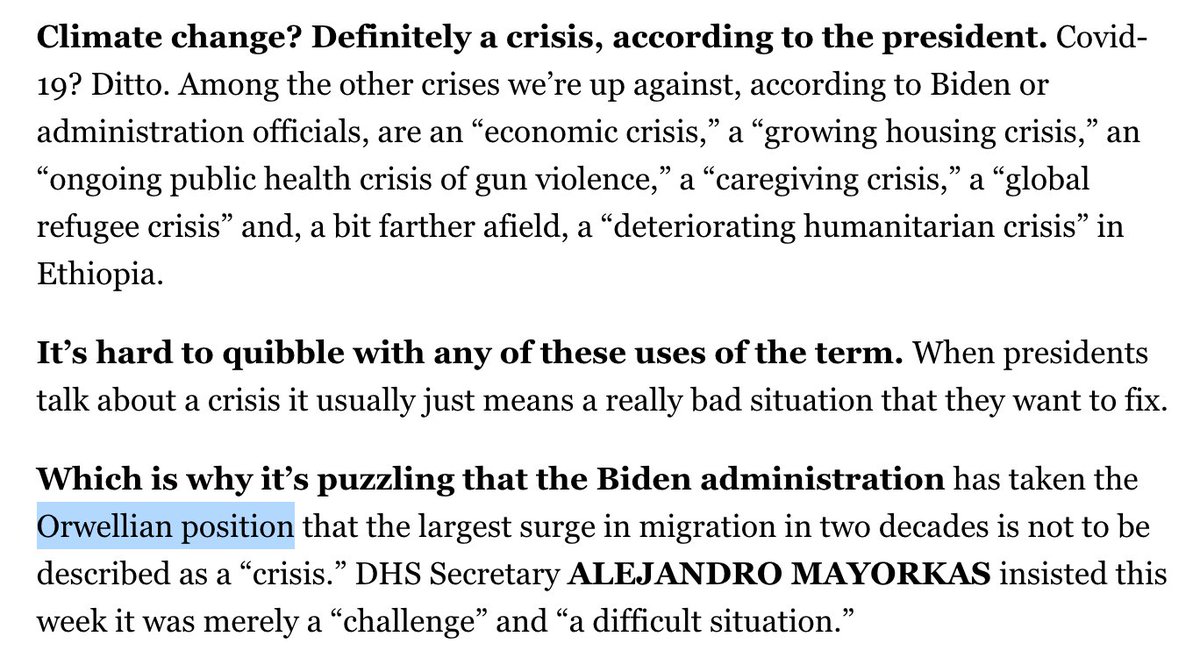
When people say that EU conservatives are "to the left" on their welfare states, it's tantamount to calling U.S. conservatives "to the left" on Medicare and Social Security.
https://twitter.com/StevenTDennis/status/1372299794249617408
UK conservatives (& conservatives throughout the EU) want to chip away at the safety nets that have been built since post-WWII. These same safety nets are deeply entrenched (like Medicare!) & so they rarely claim to want to totally destroy the system. They nibble at the edges.
These conservatives want privatization & deregulation just like U.S. conservatives do. Where they differ is not in base ideology, but rather in the *very old* & economically fundamental extant systems they're dealing w/ (as well as how popular such systems are).
In the wake of the financial crisis, conservatives in the UK advocated for austerity, which had long-reaching consequences, including for the NHS. At the exact same time, U.S. liberals were trying to expand our welfare state. These groups are not the same.
The idea that U.S. liberals, who are working to change a regressive system, are somehow the "same" or even more conservative than the people who took a hammer to the NHS is farcical.
tribunemag.co.uk/2020/07/how-a-…
tribunemag.co.uk/2020/07/how-a-…
• • •
Missing some Tweet in this thread? You can try to
force a refresh







